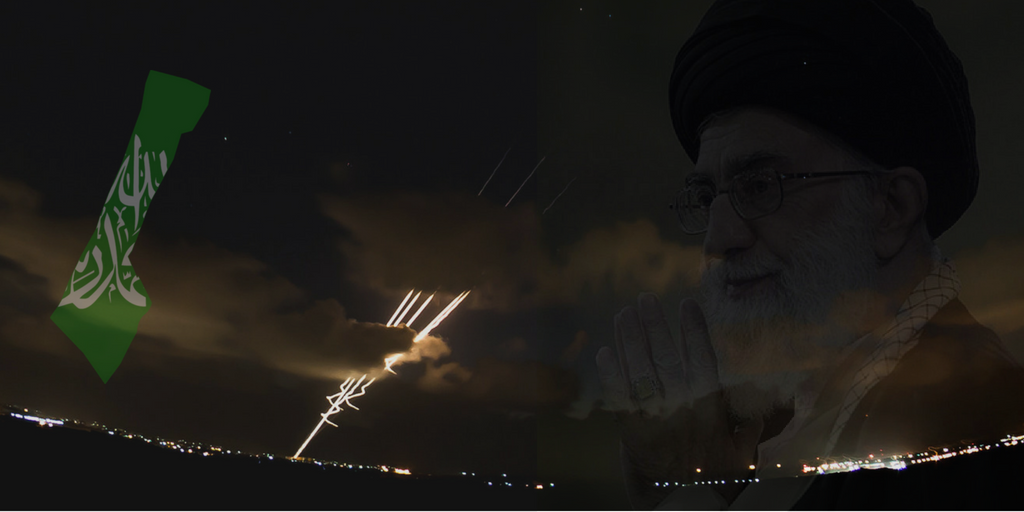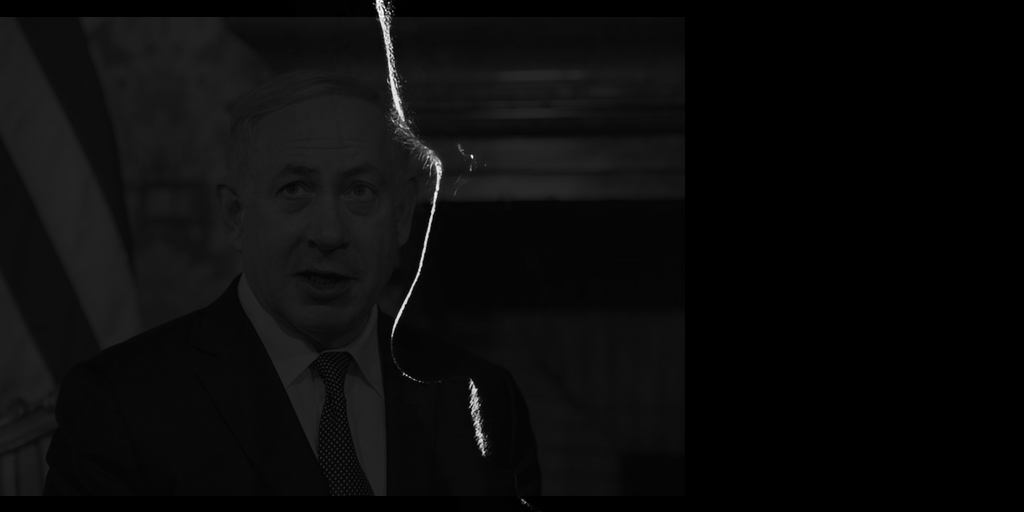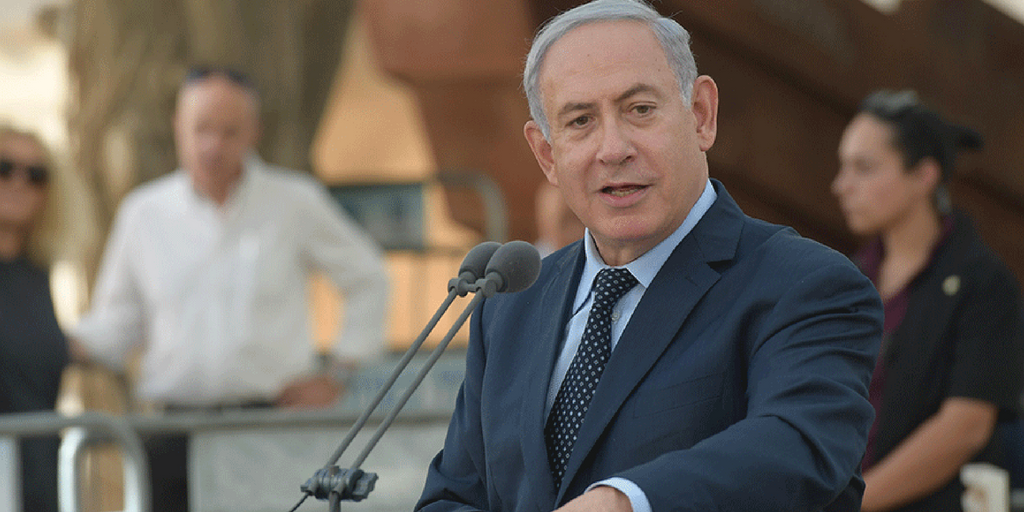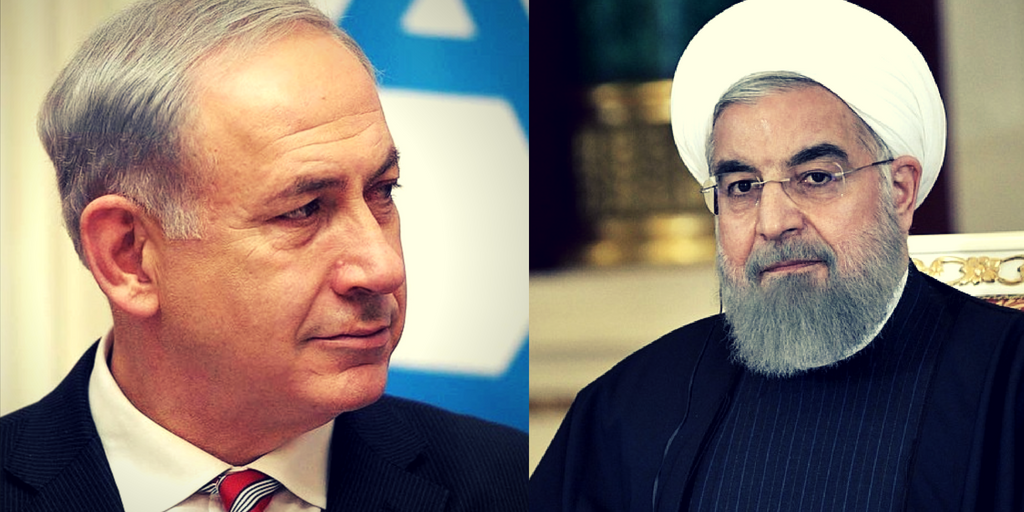Hamas broke their own ceasefire last night by firing more than five rockets and mortars into Israel. These landed in populated civilian areas sending residents fleeing into their bunkers. The IDF attacked back immediately destroying multile military targets in Gaza.
The IDF views the Hamas terror organization’s actions with great severity and will continue fulfilling its mission to protect Israeli civilians as necessary
— IDF (@IDFSpokesperson) June 3, 2018
This was an additional IDF strike carried out last night targeting terror sites belonging to the Hamas terror organization, which is responsible for all events that transpire & emanate from the Gaza Strip- most notably the severe attacks it conducts against Israel & its civilians
— IDF (@IDFSpokesperson) June 3, 2018
Moments ago, IAF fighter jets targeted five terror targets at a military compound belonging to the Hamas terror organization’s naval force in the northern Gaza Strip pic.twitter.com/C431gbkR3K
— IDF (@IDFSpokesperson) June 3, 2018
Is War Coming to Israel’s South?
There is no doubt that Iran is pulling the strings of Hamas and Islamic Jihad in order to open up a third front against Israel. The Gaza front has little to do with conquering territory. Rather it is being activated with the sole purpose of draining Israel’s resources and attention away from the North, mainly from Iranian movements in and around the Golan. The war being waged against Israel, is designed to exact a psychological toll on Israel’s populace while buying time for Iran to find a hole in Israel’s defenses.
The first round of warfare clearly went to Israel, but unless Russia agrees to the total removal of Iran and Hezbollah from Syria and not just near the Golan, the noose will continue to tighten around the Jewish State.





